
EDITORIAL Politics, policy and practice: Navigating the challenges of continuing education
In his editorial on the theme of Policy and Practice, ELM Editorial Board member Thomas Jung raises important questions about the relationship between the two. How do political changes impact continuing education? When is a continuing education policy considered successful?
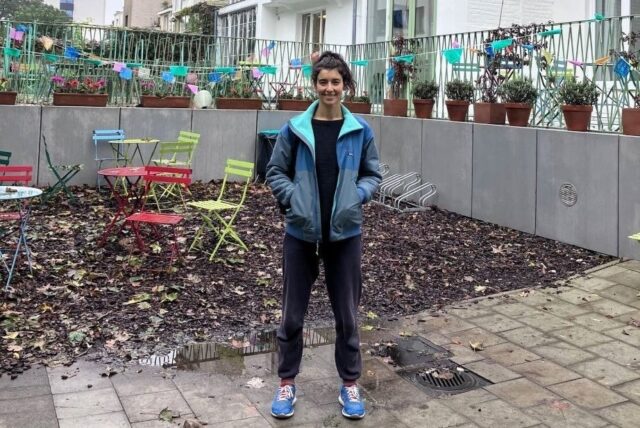
Collective practices: Inclusion in public spaces
Who has the power to create public spaces? Educators and architects reveal how empty, abandoned spaces can be filled with life and what popular education has to do with it.
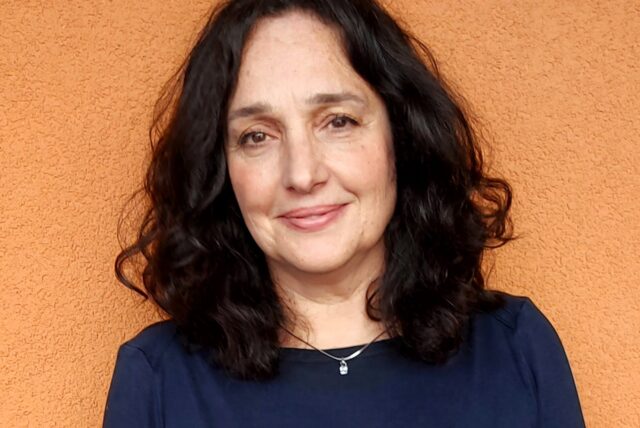
Jasmina Mirčeva: “The education of deaf and hard of hearing adults is imperative”
“Deaf and hard of hearing individuals should not be overlooked,” argues Slovenian researcher Jasmina Mirčeva. In her column, she discusses the necessity and challenges of their inclusion in adult education.

Project Stories: Empowering seniors through the arts
Carlo Smaldone Villani of the Italian NGO Prometeo discusses his insights from the FSW project, which develops activities to help social workers work with seniors. The key lies in the arts, he says.

Work opportunities for people with disabilities
An EU project produces learning videos to increase employers’ willingness and ability to hire people with disabilities. The main target group are small and medium-sized companies.

Power and joy at the core of EAEA’s new Manifesto for Adult Learning
“The manifesto tells policy makers: Listen, this is what we can do. Adult education is not one small area, but a holistic way of learning and supporting people and communities,” says Gina Ebner, Secretary General of the EAEA.
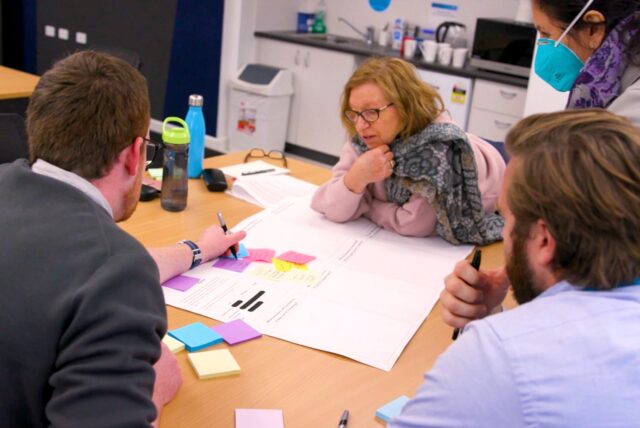
How seniors develop digital skills: A lesson from Australia
A project from the Australian research program Shaping Connections reveals the common obstacles seniors face when attempting to develop digital skills. A key to overcoming these challenges is peer-based learning.
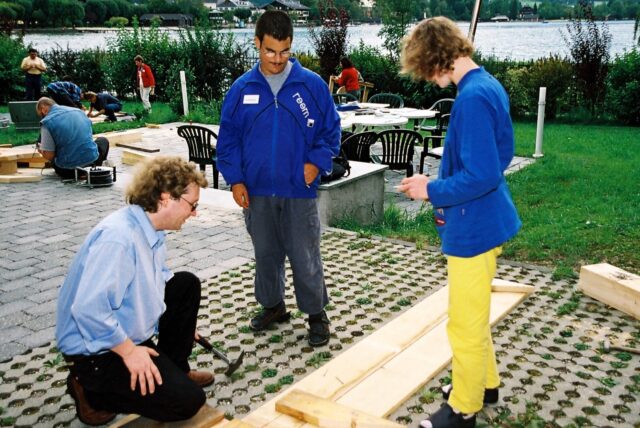
Inclusive approach: “We aim for individuals with and without disabilities to learn together”
A unique approach to create an educational space for everyone is deployed by Austria’s biv, the Academy for Integrative Education.
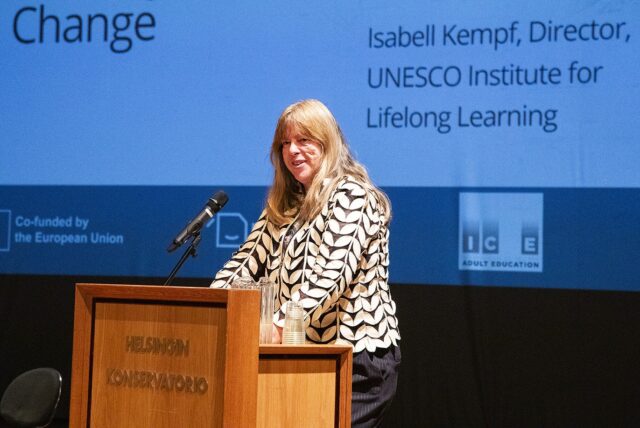
Isabell Kempf: “Adult education empowers agility in navigating global change”
“Adult education is a human right and a public good helping to create a more resilient, just and sustainable future,” said Isabell Kempf, Director of the UNESCO Institute for Lifelong Learning, in her keynote address at the EAEA conference in Helsinki.
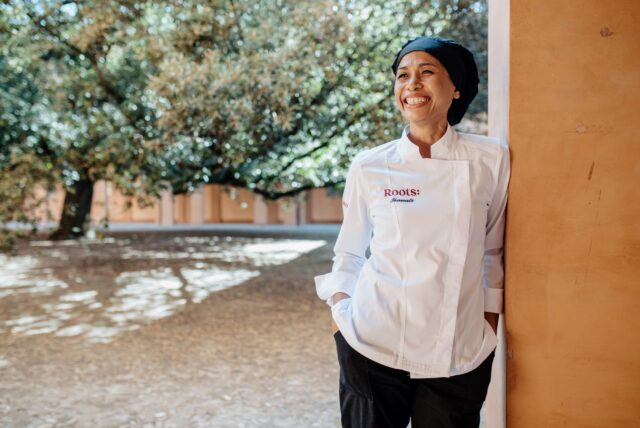
Working in restaurants helps migrant women thrive
In Modena, Italy, migrant women build their future through food. With the help of the Association for the Integration of Women, they learn skills required for restaurant work and integrate more easily into local society – while staying proud of their origins.




